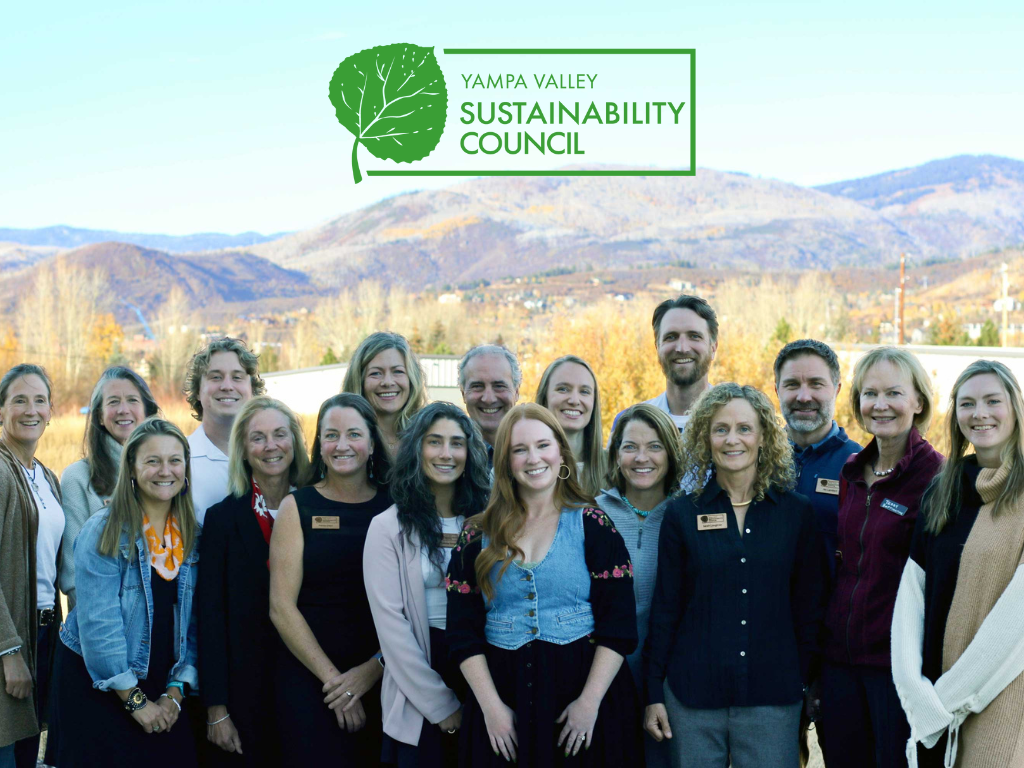NOVEMBER 21, 2017 BY
Article adapted from the Steamboat Pilot by Diane Brower
The expansive, wild, natural environments of our country have for decades been considered part of what makes America great. Many people who live in places like western Colorado experience a sense of something that surpasses the ordinary when they are immersed in the wonder, beauty and mystery of creation.
Not so long ago the protection of that creation was a unifying element in this country. The destruction and pollution of our environment was considered desecration. Our roles as stewards of the environment were taken seriously.
There was wide recognition that the health and well-being of the human species, and all species, was dependent on the health of the environment. The vast majority of the American people still hold those values; however, it’s looking like many of our representatives in Washington, D.C. do not.
You may not be aware that the current federal budget resolution contains language that would open up large portions of our national public lands to oil and gas developers. These corporations are currently making record profits and do not face a shortage of oil and gas.
Nevertheless, the budget proposal would sacrifice our public lands in order to reduce the additional federal debt that would be incurred under the proposed federal tax cuts. Additionally, these tax cuts would overwhelmingly benefit the wealthiest Americans and corporations.
The Arctic National Wildlife Refuge has been called America’s Serengeti.
“The coastal plain of Arctic National Wildlife Refuge on Alaska’s North Slope is one of the most intact and untouched ecosystems in America. The refuge is home to more than 200 species of birds, 42 species of fish, and 45 mammal species—including more than 120,000 head of caribou. Many of the birds of the refuge migrate to and from all fifty states and six continents to feed and reproduce, taking advantage of the burst of biological growth which blossoms here in the long days of the Arctic summer (Audubon).”
It’s a national treasure — among the greatest of the protected public lands in this country.
The proposed federal budget would open this area up to oil development with the claim that only 2,000 acres of the refuge will be developed. However, if you look more closely at the proposal, the drill rigs, pipelines, roads and gravel pits would be spread across the refuge, impacting the most sensitive and productive coastal area, and destroying this pristine habitat. See https://www.nrdc.org/sites/default/files/arcticmap_2000acres.pdf.
An April 2017 Denver Post article said 70 percent of Coloradans consider wilderness or undeveloped lands very important or extremely important. Coloradans recognize what true greatness is. Representative Scott Tipton apparently does not.
The non-partisan League of Conservation Voters tallies the votes of our representatives on issues related to a healthy environment. Tipton’s lifetime score is 6 percent.
Call him at 202-225-4761 or email on his website: tipton.house.gov. Senator Cory Gardner is on the Senate Energy Committee, which is right now considering legislation that will decide the fate of ANWR. Call him at 202-225-5941 or provide comments on the tax plan here: https://www.gardner.senate.gov/taxes






